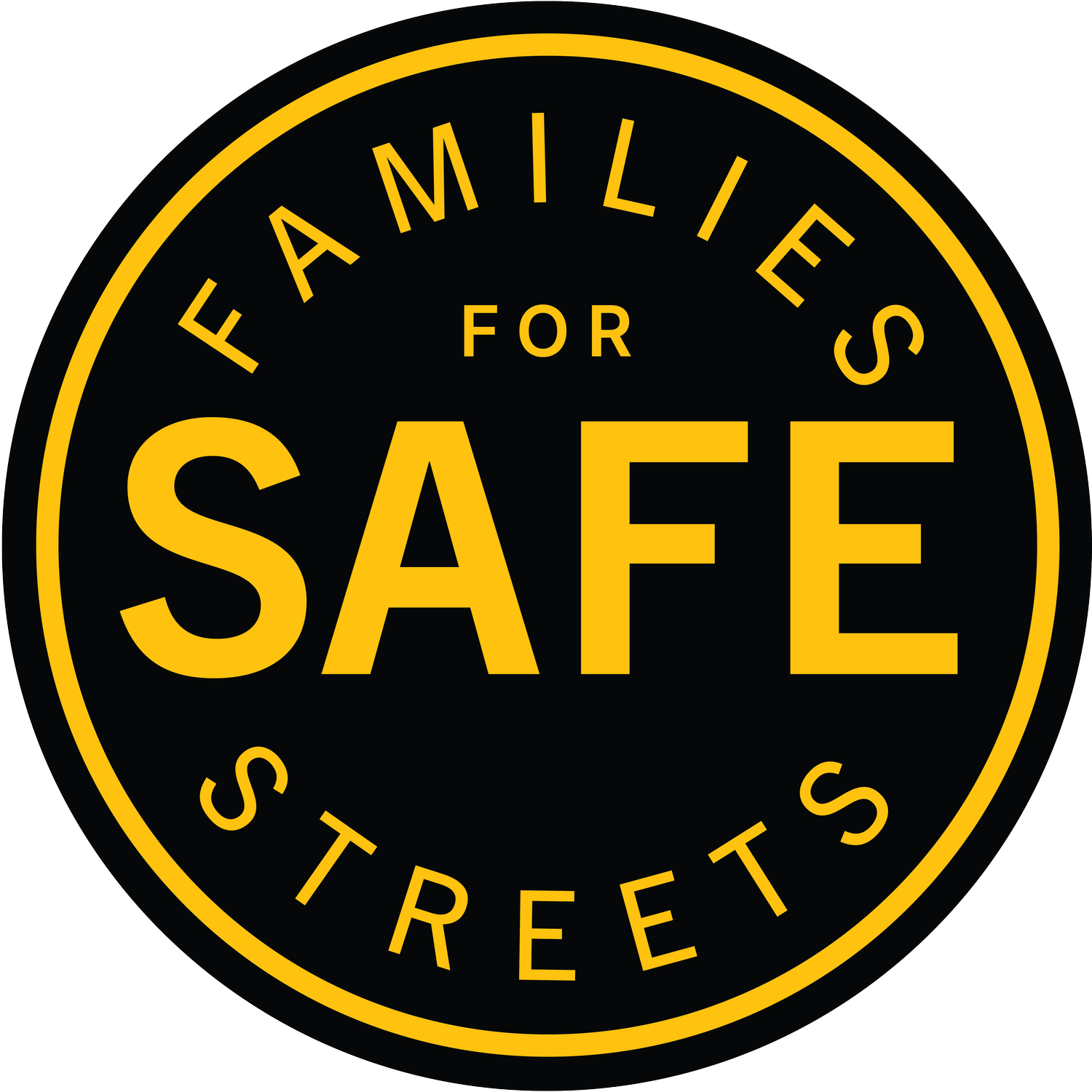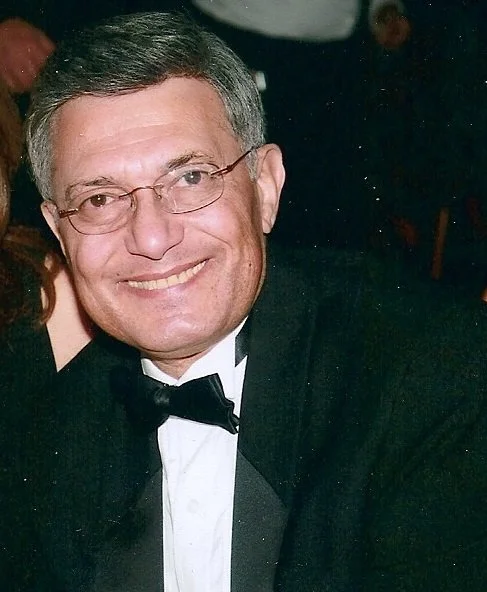Emotional & physiCal support
Do not feel you need to endure the pain of a loss or injury alone.
The period after the crash can be unimaginably difficult; the aftermath of losing a loved one or being seriously injured may bring a sense of confusion, depression, anxiety, or hopelessness. You may be grieving – which in itself is all-consuming – at the same time practical and legal issues demand attention.
Family members and friends are invaluable, but may be experiencing their own sense of shock, grief, and concern. They may not be able to provide objective, understanding support.
Self-care is critical, for you and for your family. Don’t hesitate to look after yourself.
Trust your instincts. If a doctor, lawyer, advocate, therapist isn’t a good fit, get another opinion. Move on if you have to.
Massage and other similar therapeutic modalities have many benefits: they can reduce stress, increase relaxation, reduce muscle pain and tension, improve circulation, lower heart rate and blood pressure, and improve immune function.
Express yourself: talk to a friend, a therapist, a journal.
Get exercise, and allow yourself to rest.
A social worker or therapist can provide support as you navigate the various health, mental health, and legal systems.
SELF-CARE
You may be hospitalized after the crash, or you may be advocating for someone who is hospitalized after a crash.
You or your loved one will need an advocate to oversee care, to make decisions about after-discharge care, and to make sure you are treated and all your questions answered.
Whether you are a victim or a family member, if a hospital is involved, take advantage of hospital support services and resources, such as a patient advocate, social worker, or chaplain, who can help you understand hospital regulations, insurance requirements, other paperwork, and advocate for you and your family.
Make sure the hospital provides discharge planning assistance, including home care and medical equipment arrangements. You or your advocate should make sure you are not discharged until all necessary supports, such as visiting nurse services, physical therapy, or occupational therapy, are in place.
HOSPITAL CARE
It is important to get the necessary support after a loss or injury. The first days, weeks, or months can be unimaginably difficult. No one should endure this alone.
The aftermath of losing a loved one or being seriously injured, for many people, brings a sense of confusion, depression, anxiety, and hopelessness. It is an assault of the physical, emotional, mental and spiritual sense of self that few people are prepared for. Dealing with the resulting heartbreak and grief is a full-time, exhausting job that often takes place at the same time practical and legal issues demand attention.
There will be many places you can seek support:
Support Groups - in-person, virtual, telephone
Peer Mentors can provide one-on-one support
Online Help - private Facebook discussion groups bring together individuals with similar experiences
Check out our list of member recommended list of support groups, books & podcasts as well as the tips for family and friends on how to support families who have lost a loved one or suffered a serious injury in a crash.
EMOTIONAL SUPPORT
Support Groups
Virtual Group
The FSS Support Community offers an opportunity for individuals who have lost a loved one, or who have been injured in a crash (or care for someone who was), to meet in a structured, supportive peer environment. FSS staff and member facilitators lead discussions and guest speakers periodically contribute as well. This group is designed to offer support and guidance through one of the most difficult events we can ever face.
In-Person Support Services
There are many community-based clinics, counselors, and therapists who provide grief and trauma counseling. Private health insurance may include mental health benefits that can assist you in locating an eligible provider. Medicaid and Medicare also cover mental health services and support community-based clinics that provide counseling services. There are also hundreds of private-pay therapists, many of whom will offer services on a sliding scale.
Many organizations, places of worship, and hospitals offer in-person support groups. Some of these groups are peer-led - meaning that non-professionals with a similar loss or injury lead the group. Others offer professionally-led groups that are facilitated by a social worker, psychologist or other mental health professional. See our member recommended list of support groups.
The local prosecutor’s office may offer free victim services that provide support, counseling, advocacy, and information to all individuals who have been criminally victimized. If the crash appears to have been the result of criminal behavior, reach out to the prosecutor in the municipality where the crash occurred.
There are a few specialized treatment modalities that some FSS members have found very helpful for their grief and trauma. Eye Movement Desensitization and Reprocessing (EMDR) therapy is an integrative psychotherapy approach that has been extensively researched and proven effective for the treatment of trauma. Some members have also found help from complicated grief therapy, which uses cognitive behavioral therapy techniques to help individuals who are suffering from grief and trauma.
Peer Mentoring
FSS Peer Mentoring provides bereaved family members, or those seriously injured, with a connection to a volunteer peer support mentor. Our FSS mentors are all individuals who have been through a similar experience and are dedicated to helping others survive this life-altering tragedy.
The desire to talk to someone who understands may arise immediately after the crash, or years later. Peer mentors are available to listen, provide support, and share the wisdom they have gained through their own experience. They are not acting as therapists, counselors, or legal experts. However, they can listen, share what they have learned to survive, and provide referrals or resources when necessary.
Peer Mentoring & support groups
“My dad was stopped at a red light on his normal route to work when a driver hit him from behind going about 60 mph. The driver didn’t brake or swerve, he just drove right into him at that speed and killed my dad on impact. To this day, he’s offered our family no explanation for what may have caused him to be so distracted and drive so recklessly. I worked tirelessly to get justice for my dad, and in a small way, I tried to step into my dad’s shoes because I’m sort of the head of household now.
If I could give advice to others, I’d remind them to take care of themselves. Get support, including the support and assistance provided by FSS. It is a long road. The trauma. The loss. The logistics. The grief and the sense of injustice. Take care of yourself along the way. It’s essential just to keep yourself going.”
—Kevin Sami, son of Dr. Medhat Sami
FSS NATIONAL RESOURCE GUIDE
We are here for you.
We are here for you.
Please contact us at any time at info@familiesforsafestreets.org
or (844) 377-7337


